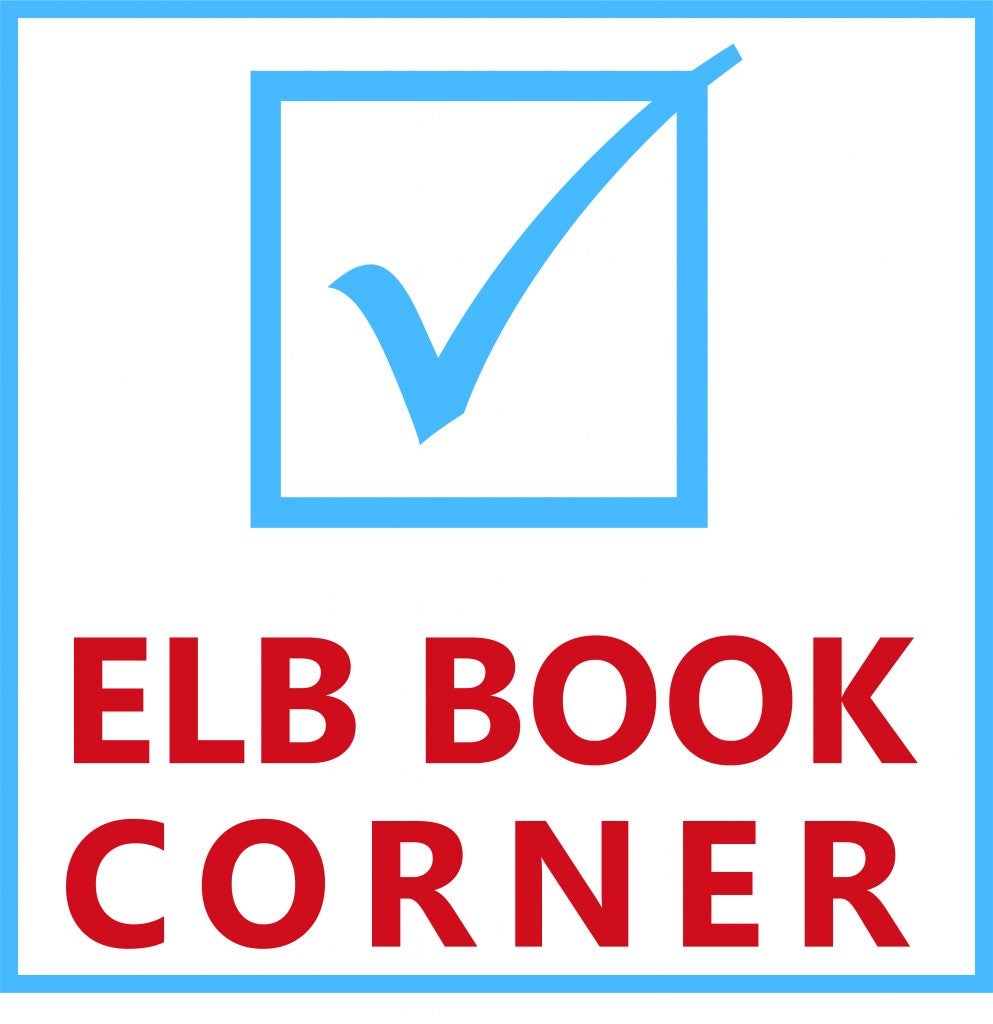I am pleased to welcome to ELB Book Corner some of the authors of the Routledge Handbook of Election Law. Here is the second of three posts, by David Schultz.

Freedom House notes that after a golden age of democracy Post World War II to the fall of the Berlin Wall and the breakup of the Soviet Union, it is in retreat across the world.
Across the world as chapters by Inese Druviete and Eriks Kristens Selga (the Baltics), Ali Çarkoğlu (Turkey), Daniela Urosa (Latin America), Ugochukwu Ezeh (Africa), M. V. Rajeev Gowda and Varun Santhosh (India), Mohd Azizuddin Mohd Sani (Malaysia), Hassan Nasir Mirbahar (Pakistan), and Erik Johan Mobrand (South Korea) show, emerging and advanced democracies face election law challenges. Donald Trump’s refusal to recognize the results of the 2020 US presidential elections demonstrates election law matters to democracy, but how?
David Schultz argues that election law are the rules that translate democratic theory into practice. He examines constitutional clauses from around the world that address issues of election law such as formal rules regarding voting rights, rights of political parties, a free press, and free expression. He found little correlation between these clauses and whether a country was a democracy. Schultz concludes that that we need to examine the impact of constitutional courts, statutory provisions, and political culture and other values and unwritten rules when it comes to explaining how and whether campaigns and elections and election law promote democracy.
Mark Rush focuses on what representative government in classic and contemporary contexts means. He identifies tensions within democratic theory concerning what constitutes “the will of the people,” the notion of “fair and effective representation,” and how changes in the context in which elections are conducted affect our understanding of democracy and representation. These changes have resulted from technological advances, legal reforms and, paradoxically, the democratization of politics and political power. He concludes that the future viability of democracy will be contingent upon developing a viable system of capturing the will of the people.
Steve Mulroy examines the state of democracy in America, once reputed as the greatest democracy in the world. He notes five election reform areas where the U.S. is an outlier: (1) voter registration; (2) voter ID; (3) felon disenfranchisement; (4) redistricting; and (5) Proportional Representation (PR). His chapter compares and contrasts across countries, notes trends, and makes recommendations, including Automatic Voter Registration (AVR), alternatives to photo IDs, eased felon reenfranchisement, nonpartisan districting commissions, and PR.
Graeme Orr takes an anthropological approach to election law, depicting elections as rituals. He argues that electoral politics is as much a sociological experience as it is an instrumental battle for persuasion and power. This understanding of elections as rituals involves more than just paying heed to the symbolic and customary aspects of democracy. It includes considering how different systems of campaigning or voting – including particularities of their regulation and technologies – shape how elections are experienced by citizens and elites alike.
Finally, as chapters by Emily Schnurr and Barbara Jouan Stonestreet tell us, who gives money and how and how elections are financed matters in terms of who gets to speak, run, or participate in elections. Drude Dahlerup and Lenita Freidenvall examine the impact of gender quotas to improve representation of women, and Enira Bronitskaya and Jurij Toplak look at how persons of disabilities are protected or challenged in voting and participating, and chapters by Alexander Shylk, Bob Watt, and Mathieu Leloup look at the mechanisms in place to resolve election disputes or administer elections as important to democracy building.